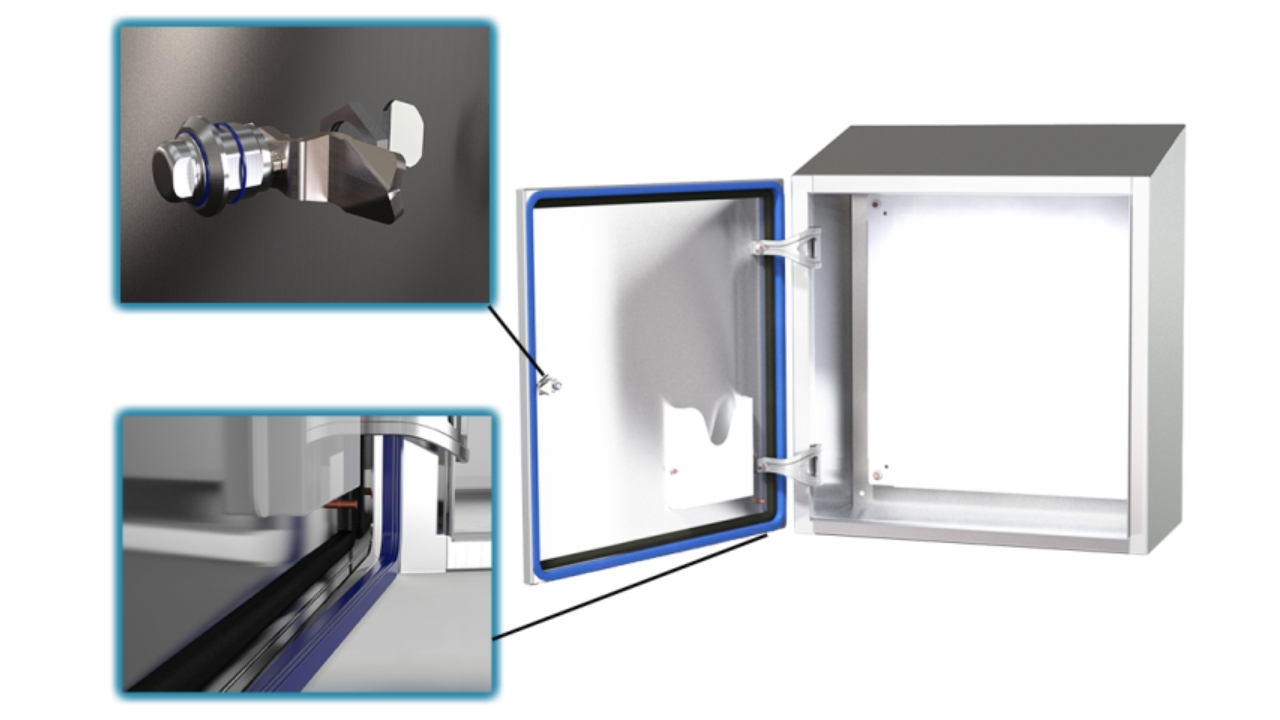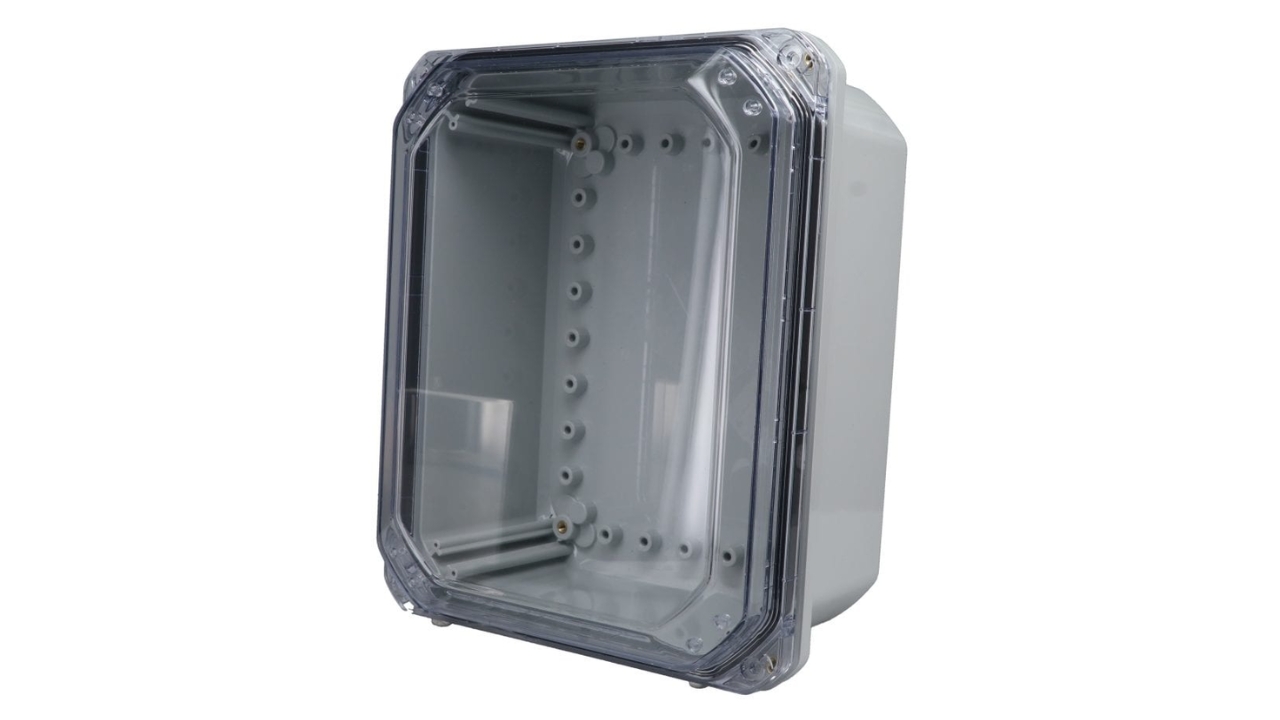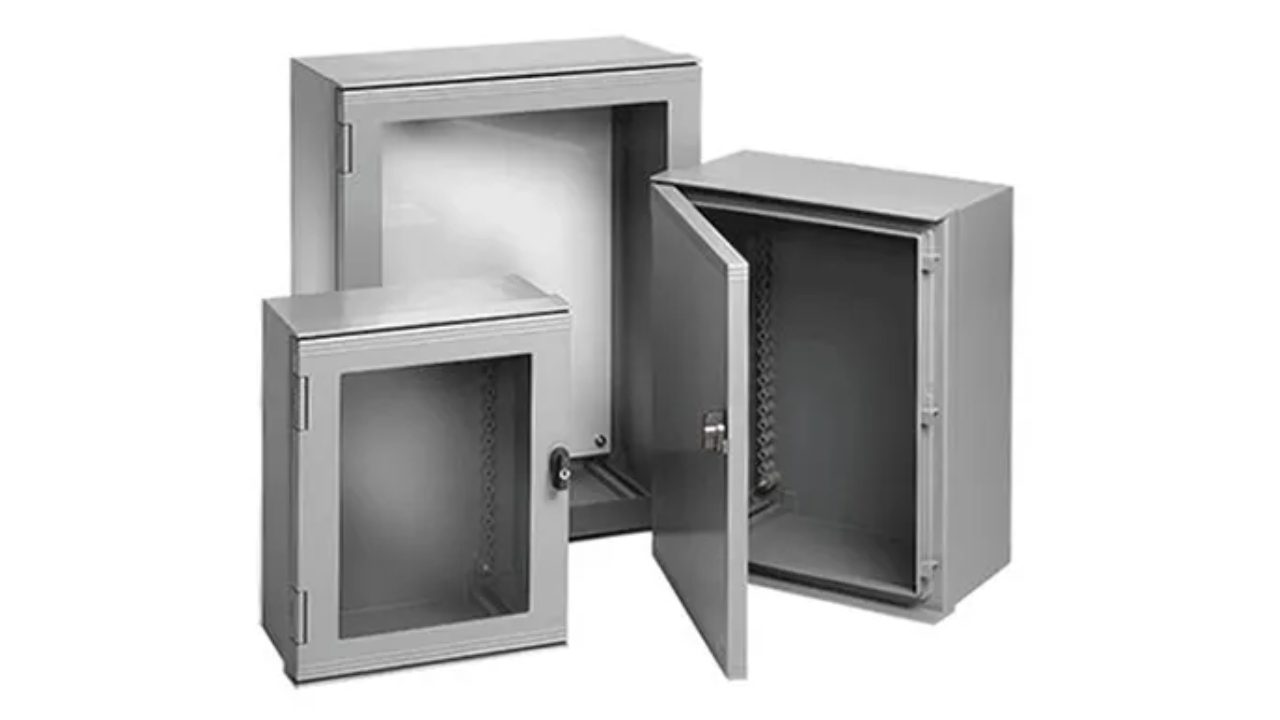When you are industry, you might encounter terms like IP65, IP66 and IP67 when working with enclosures. These ratings are more than just technical terms. They indicate the level of protection an enclosure can give you against solids like dust and liquids like water. This guide will help you understand better about these ratings and how you can differentiate between them.
Understanding IP65, IP66 and IP67 Ratings

Before understanding what the difference between these ratings is, it is important to understand what “IP rating” is. It refers to “Ingress protection” and is a standard set by IEC (International Electrotechnical Commission). These ratings tell you how well your enclosures can keep solids and liquids away.
IP65
An IP65 rating verifies that the enclosure can give you complete protection against dust. Enclosures with these ratings can also handle low pressure water jets from any direction. It is used in applications where moderate protection against the environment is needed. This includes both indoor and outdoor devices like lighting fixtures and control panels.
IP66
Enclosures with IP66 rating can help you get better protection. Not only are these enclosures dustproof, but they are also resistant to powerful water jets from any direction. You can use these enclosures for harsh environments like industrial machines working in wet or dusty settings.
IP67
An IP67 enclosure can help you get the best protection among these ratings. You can get complete dust resistance and prevent water ingress even when the enclosure is submerged in up to 1 meter of water for 30 minutes. These enclosures can be used in places where a high level of water protection is a must like outdoor equipment that is exposed to heavy rain.
Key Differences between IP65, IP66 and IP67

| Feature | IP65 | IP66 | IP67 |
| Dust Protection | Fully dust-tight | Fully dust-tight | Fully dust-tight |
| Water Protection | Low-pressure water jets | Powerful water jets | Submersion in 1m water |
| Application Examples | Lighting fixtures, basic outdoor use | Heavy-duty machinery, industrial spaces | Submersible devices, outdoor rugged use |
| Cost Implication | Lower | Medium | Higher |
| Durability Standard | Moderate environmental exposure | High resistance in harsh conditions | Superior durability in extreme conditions |
When and Why to Choose the Right IP Rating

To choose the correct IP rating, you should know about its usage scenarios. If you want to use it for moderately controlled places like offices, an IP65 rating might be enough for you. But if your equipment is exposed to heavy usage, outdoor places or industrial settings, IP66 will help you prolong your equipment life.
For harsh environments that involve heavy rain, brief water submersion or exposure to dust storms, you might need IP67 enclosure. By understanding your operating environment, you can determine the correct ratings. This will also help you reduce the risks like equipment failure or damage.
Why Choose KDM Steel for Your IP65, IP66 and IP67 Enclosure Needs

KDM Steel is a professional electrical enclosure manufacturer that specializes in making high quality products that comply with all standards. Whether you are looking for IP65, IP66 or IP67 ratings, KDM fabrication can help you fulfill your requirements. You can also get other customization options with our certified products. Contact us now at KDM Steel.
Conclusion

By knowing about the IP ratings, you can choose the enclosure that will make your equipment secure and perform better in harsh conditions. You can simplify their procurement process and avoid costly downtimes by getting the right enclosures. When you know which rating of enclosure works well in your industrial conditions, you can protect your sensitive equipment from all types of damage.
FAQs
Is IP67 better than IP65 and IP66?
IP67 can give better protection due to its water submersion capabilities. However, it may not always be needed for all applications. The choice depends on the exposure your equipment will face.
Can IP65 enclosures handle heavy rain?
IP65 enclosures can protect against low-pressure water jets, which may include heavy rain. For added durability or higher water impact, you should go for IP66 or IP67.
Why use IP66 instead of IP67?
IP66 can give you better protection against powerful water jets and costs less than IP67. This makes them a better choice when submersion is not required.



